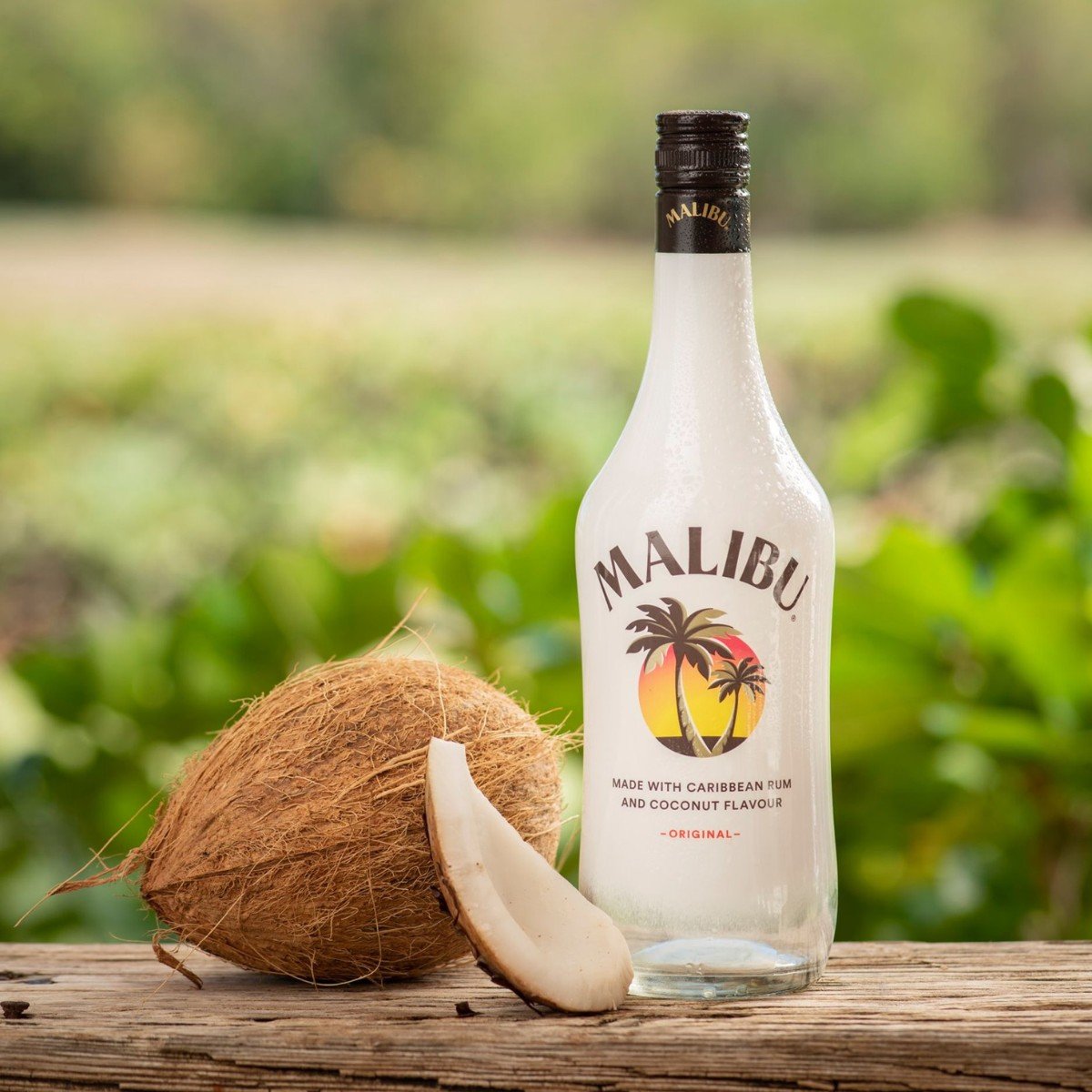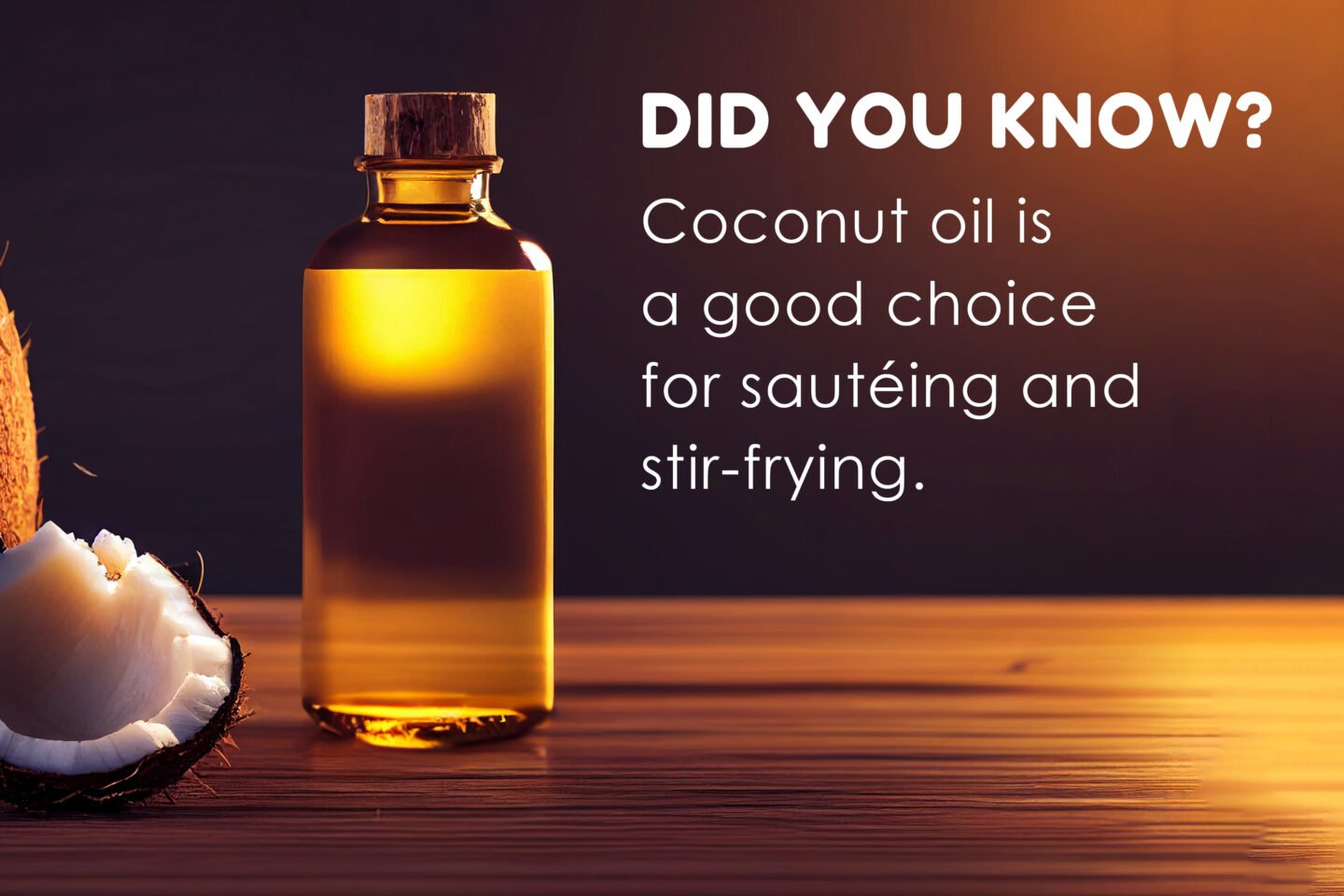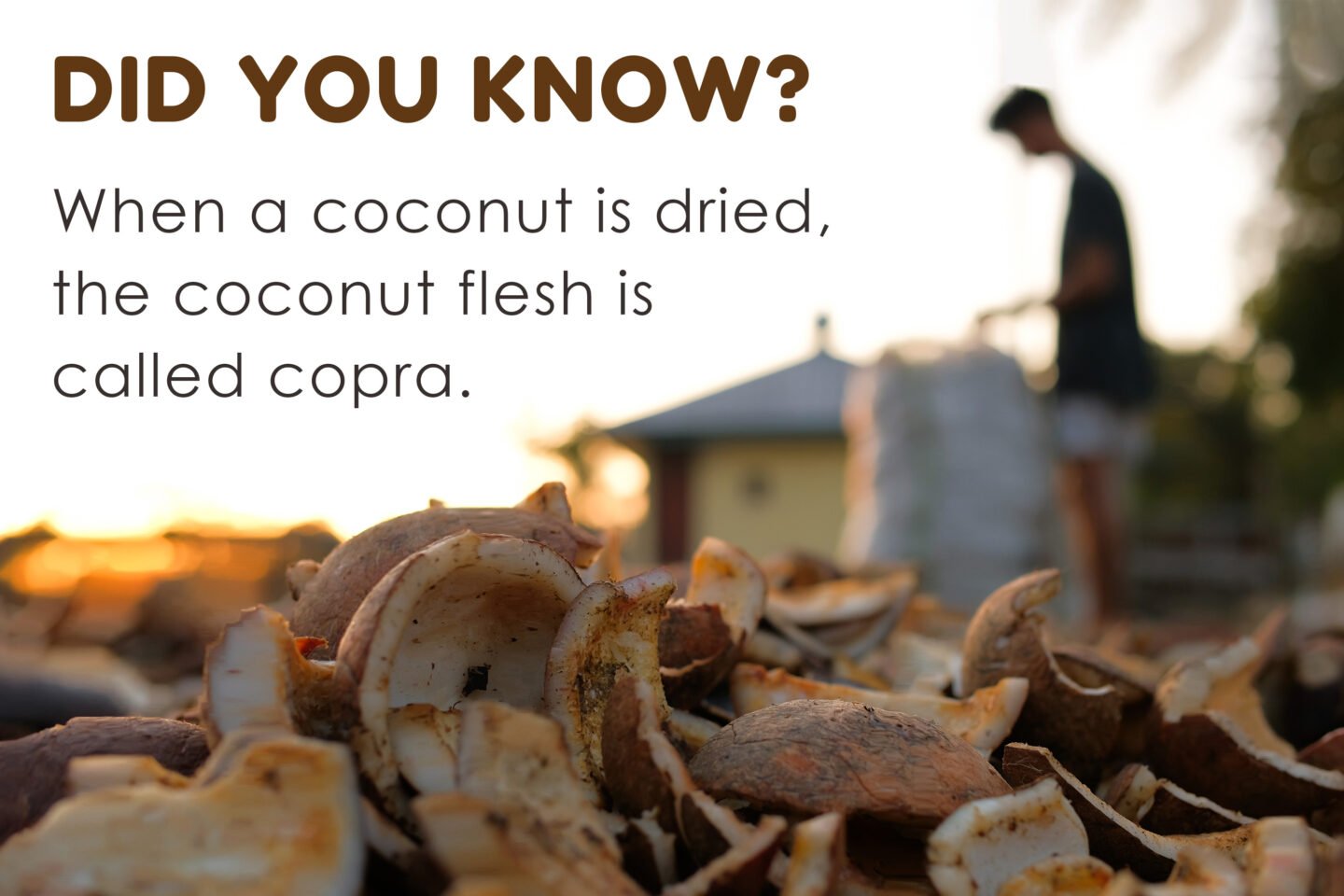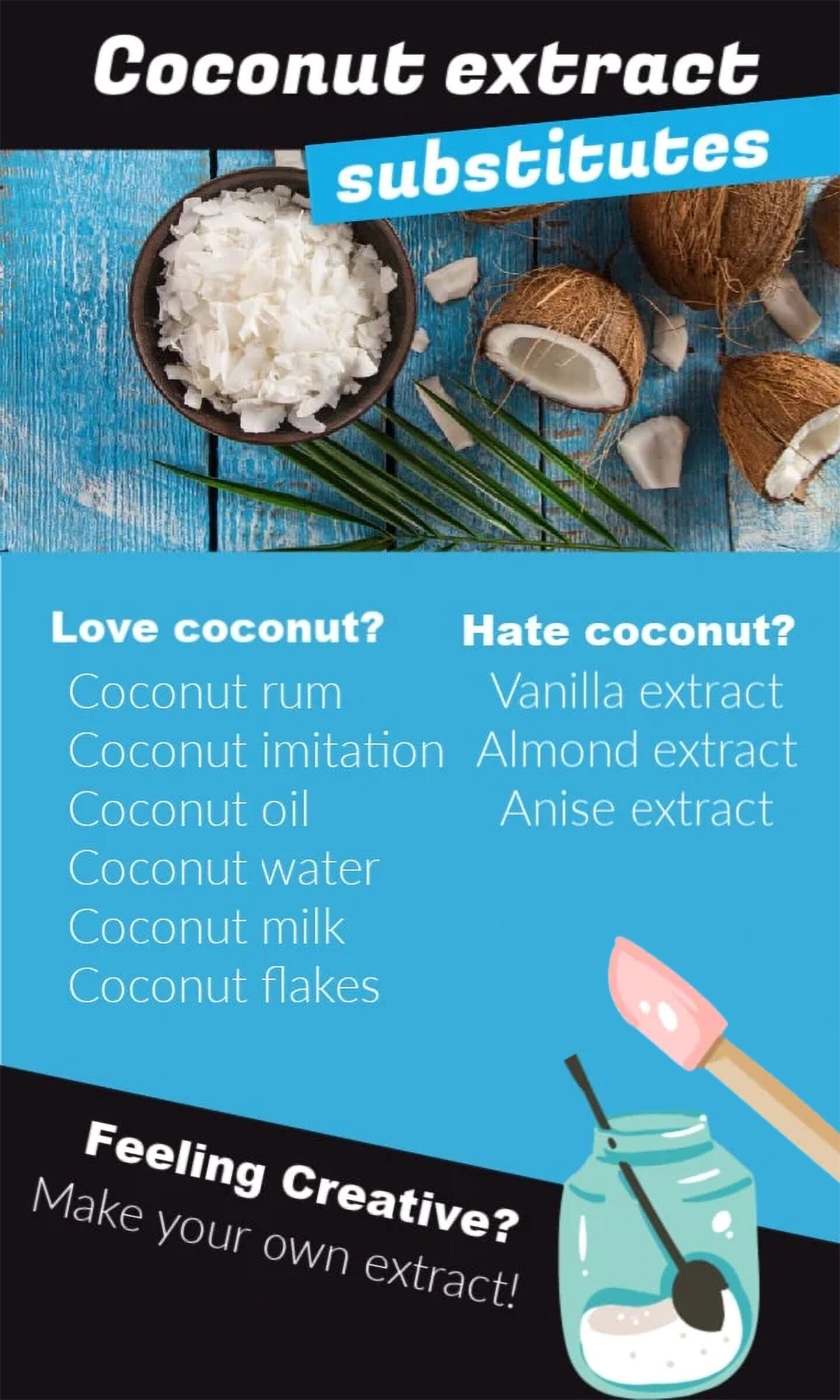For most of us, coconut extract is one of those ingredients that gets used for one recipe, then sits in the pantry unused for six years. So if you have stumbled onto a recipe that calls for an extra burst of coconut flavor, do you want to buy a whole bottle of extract? A better option is to use a coconut extract substitute that still gives your food some coconut flavor.


Coconut extract, like all bottled extracts, provides an intense burst of flavor. It's ideal for baking cakes and biscuits as well as savory meals like casseroles. You only need a small amount for a dose of tropical flavor. Keep this in mind when you're looking for an alternative.
Some of the options listed below won't work for baking, as they will impact your ratios. For example, using coconut water in a biscuit recipe will not result in a well-formed cookie.
No alternative ingredient will have the same intensity as coconut extract. But you can certainly get some of that lovely coconut flavor using one of these following options.
Related Posts:
Need a substitute for evaporated milk? Check out your options.
Looking for a lard substitute? Get the answers!
What does pandan taste like? Find out now.
Table of Contents
10 Substitutes for Coconut Extract
1. Coconut rum

Coconut rum will often contain coconut extract, so it does provide a useful hit of flavor. If you're not sure of an appropriate coconut liqueur, then try Malibu, which is easy to find. Although it does contain alcohol, this will reduce as you cook it out.
The best use for white rum is to replace the extract in ice cream recipes. Not only do you get that lovely coconut flavor, but the alcohol reduces the freezing point of the ice cream, making it freeze quicker. Rum will result in a much creamier ice cream texture—the holy grail of ice cream making!
Best used for: Casseroles, Thai soups, sauces, ice cream, fruit sauces
2. Coconut imitation
Coconut imitation is a cheap version of coconut extract. This option can be used in any recipe that calls for extract. If you've ever used imitation vanilla, you'll know that the lower-cost version will save you a bit of cash but doesn't have the same quality of flavor. You'll need to use a little extra than what the recipe suggests.
What's the difference between coconut extract and coconut imitation? Coconut extract gets its flavor from processing real coconut. Imitation is made from synthesized chemicals designed to mimic the authentic version.
Best used for: Any recipe that calls for coconut extract will work fine. Ideal for baking, where you need to keep the liquid to a minimum.
3. Coconut oil

For recipes that use oil, such as cookies, coconut oil is a good option. You can add tropical flavor to baked goods by replacing some of the oil with coconut oil. This ingredient won't have the same flavor intensity as the extract, but you'll still taste it.
Best used for: Recipes that use oil or butter as an ingredient, such as cakes and biscuits.
4. Coconut water
The flavor offered by coconut water is very mild. Being a liquid, you'll need to use a lot to get an intense coconut flavor, so don't use this option for baking. Add coconut water to casseroles and Thai soups for a subtle hint of coconut. The secret is to swap some of the water or stock for the coconut water. That way, you'll keep the liquid-to-solid ratio correct.
Best used for: soups and casseroles.
5. Coconut milk
Use coconut milk in similar recipes as coconut water. It works well in dishes that use cups of water or stock. But the milk version offers extra creaminess, which may weigh down some foods.
Coconut milk doesn't deal well with excessive heat and can separate. When cooking ingredients on high heat, consider coconut water as a better option.
Best used for: soups and casseroles.
6. Vanilla extract

Not everyone likes coconut! For a whole new flavor, vanilla is your go-to option. It's a popular flavor for all ages and can be substituted with the same measurements as the recipe suggests.
Best used for: Baked goods, frosting, ice cream, candy, bread, and sauces where you want to substitute out the coconut flavor completely.
7. Almond extract
Almond extract can be used for the same reason as vanilla extract. Not everyone likes the taste of coconut, so almond is a good alternative.
Best used for: Baked goods, frosting, ice cream, candy, bread, and sauces where you want to substitute out the coconut flavor completely.
8. Anise extract
Anise extract can be used for the same reason as vanilla extract. Keep in mind that anise has a licorice flavor, so it may not be to everyone's taste. If you don't enjoy coconut, but like something a little more exotic than vanilla, anise extract is a good option.
Best used for: Baked goods, frosting, ice cream, candy, bread, and sauces where you want to substitute out the coconut flavor completely.
9. Coconut flakes

Coconut flakes, chips, or even desiccated coconut will provide flavor as well as texture.
Are you feeling creative? You can also simmer coconut flakes in a small saucepan with milk for 15 minutes then strain out the liquid into a container. You can use this "faux coconut extract" in soups and casseroles.
Best used for: Cakes, cookies, ice cream, and bread, where a little texture helps the dish.
10. Homemade Coconut Extract
Why not try making homemade coconut extract? It's fun and effortless.
Ingredients
- ⅔ cup coconut
- 1 cup vodka
Method
- Place the coconut in a small jar and pour in the vodka. Screw on the top and give it a quick shake.
- Add a label with the date on it, so you know when it was made.
- Give the jar a shake twice a week for a month.
- After one month, strain the liquid through a funnel, layered with a coffee filter or cheesecloth, into a bottle.
- Add the top to the bottle and label it so that you know its expiration date.
Your extract will last about one year if kept in the fridge or a cool place out of direct sunlight.
Best used for: Any recipe that calls for coconut extract will work fine. Ideal for baking, where you need to keep the liquid to a minimum.
Further reading:
Need a substitute for queso fresco? Find out our favorite options.
Discover a useful range of orange juice substitutes here.
Learn about the best liquid aminos alternatives.
Find out what we recommend as a substitute for agave nectar.

Final Words
There are plenty of coconut extract substitutes at your fingertips. Taste-testing is essential and will impact the success of your dish. None of these alternatives will replace the flavor offered by coconut extract. They'll usually be weaker or have subtle differences. This variance doesn't need to be a deal-breaker.
If the coconut flavor isn't coming through, dial it up a little. It's better to underdo it, then increase the substitute ingredient if needed. Food with an overpowering coconut flavor will be challenging to fix.
Do you have a handy coconut extract substitute that you'd like to share? Let us know in the comments below.

Leave a Reply